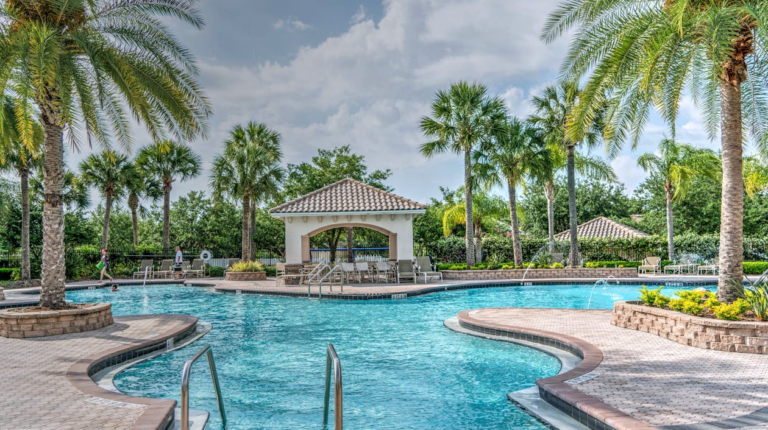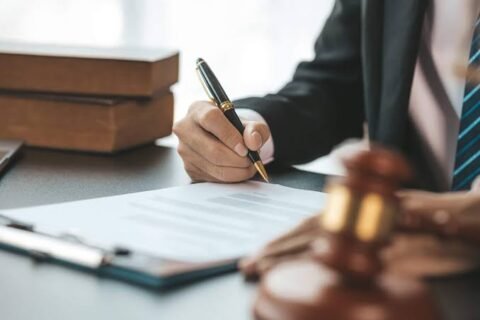Swimming pools can be a source of joy and relaxation, but they also present serious risks. Accidents can happen, leading to injuries or even fatalities. When such tragic events occur, determining liability becomes crucial for victims and their families, especially when pursuing legal actions for compensation. This article explores the various aspects of swimming pool accidents, focusing on who might be held responsible and the role of evidence in these situations.
Understanding Liability in Swimming Pool Accidents
Liability can take many forms depending on the circumstances surrounding an accident. In general, property owners, manufacturers of pool equipment, and even guests can share responsibility, depending on the situation. Homeowners or renters must maintain safe conditions around their pools. This includes ensuring proper barriers, covering dangerous areas, and providing adequate supervision. When the negligent behavior of one of these parties contributes to an accident, liability may extend to them.
Evidence Gathering
Evidence is a fundamental aspect of establishing liability in swimming pool accidents. Documentation such as photographs, witness statements, and incident reports are critical for a successful case. The Swimming Pool Accident lawyers at Rosen & Ohr, P. A say that collecting relevant evidence quickly can significantly affect the outcome of legal proceedings. For instance, pictures showcasing the pool’s condition at the time of the accident, along with maintenance records, can illustrate potential negligence. Notably, expired safety equipment or improperly maintained facilities can point to liability on the property owner’s part.
Common Causes of Pool Accidents
Understanding the common causes of swimming pool accidents can provide insight into potential liability. Slips, trips, and falls are frequent occurrences around pools, often due to wet surfaces or inadequate signage to alert guests to hazards. Additionally, drownings, particularly among children, can arise from negligence, like leaving a child unsupervised or failing to install proper pool fencing. Mechanical failures, such as defective pool drains or malfunctioning cleaning equipment, can also contribute to accidents, potentially implicating manufacturers in liability claims.
The Role of Signage
Another vital factor in swimming pool safety is signage. Clear and well-placed signs can inform guests of rules and potential hazards. For example, warning signs indicating deep-end areas or advising against running near the pool can help prevent injuries. In cases where signage is lacking, property owners could face greater liability, as they had a responsibility to inform guests of potential dangers inherent to the pool environment.
Licensing and Compliance with Regulations
Swimming pool owners must also adhere to local health and safety codes. Failing to obtain the proper permits or not complying with safety regulations can lead to increased liability exposure. Each state has different laws regarding pool safety, and homeowners must familiarize themselves with these requirements. By ensuring compliance, property owners can mitigate some risk of liability, especially in the event of an accident.
Insurance and Legal Considerations
Insurance coverage is essential for property owners with swimming pools. Homeowners’ insurance policies may offer protection in cases of liability arising from accidents. However, not all policies cover swimming pools, so owners need to verify their specific coverage as part of their risk management strategy. In the event of an accident, victims often seek compensation through insurance claims or lawsuits. Having clear insurance documentation can simplify this process, facilitating faster resolutions.
Legal Recourse for Victims
Victims of swimming pool accidents have several legal avenues available to them. Depending on the circumstances, they may pursue claims against the property owner, manufacturers of pool equipment, or others implicated in the accident. Engaging with legal professionals experienced in personal injury law can help victims understand their rights and options. These lawyers can assist in gathering evidence, negotiating with insurance companies, and, if necessary, pursuing litigation.
The Importance of Timeliness
Time is a critical factor in swimming pool accident cases. There are statutes of limitations that establish deadlines for filing lawsuits. Failing to act within these time frames can result in losing the right to seek compensation. For victims and their families, prompt action can be the difference between obtaining the financial support they need for recovery and facing long-term expenses without recourse.
Building a Case
Creating a strong case for a swimming pool accident claim hinges on several factors. Gathering evidence, collecting testimonies, and securing expert opinions are key components. Clients may work closely with lawyers to develop a narrative that demonstrates negligence clearly. Furthermore, expert witnesses, such as accident reconstruction specialists or pool safety experts, can be invaluable for substantiating claims and providing authoritative support during trial processes.
Preventing Future Accidents
Awareness and education play significant roles in minimizing swimming pool accidents. Pool owners can implement safety measures such as installing alarms, safety covers, or drowning detection systems to enhance safety. Regular safety training for family members and guests can further ensure everyone understands the risks involved in swimming pool use. When property owners actively prioritize safety, they not only protect their friends and family but also reduce their liability risks.
In summary, liability for swimming pool accidents can fall on various parties, depending on the specific circumstances of each incident. Understanding the significance of evidence gathering, compliance with regulations, and the proactive measures that can be taken ensures greater safety. By educating themselves and complying with safety standards, property owners can protect their loved ones and minimize potential legal repercussions.

Daniel J. Morgan is the founder of Invidiata Magazine, a premier publication showcasing luxury living, arts, and culture. With a passion for excellence, Daniel has established the magazine as a beacon of sophistication and refinement, captivating discerning audiences worldwide.





